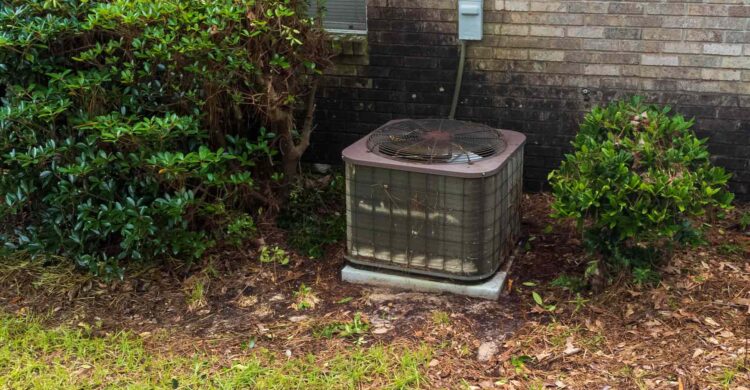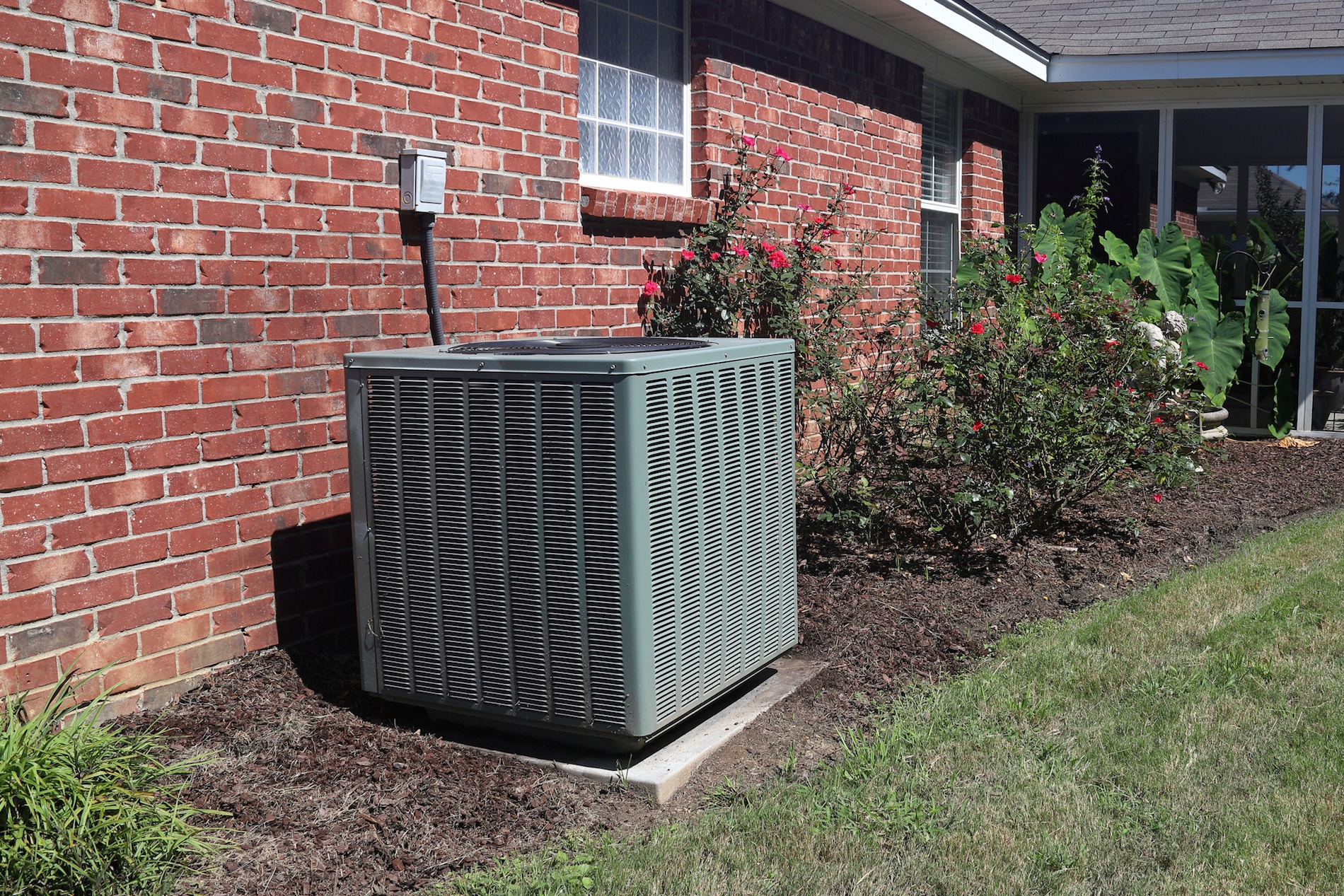
8 Things to Consider in a New HVAC System
A new HVAC system is a major investment and will do much to determine your overall quality of life for the next decade or more.
With that in mind, let’s take a look at eight considerations when buying a new heating and cooling system. Follow these steps, and you will guarantee yourself a much smarter purchase and a better fit for your home and lifestyle.
1. Learn your home and its HVAC requirements
Whatever system you choose will have to work within the parameters of your house, so size and structure are important. For a system to work at peak efficiency, it must be exactly the right size. An undersized system will struggle to effectively heat/cool your home, while an oversized system will also struggle. Oversized systems use more energy than is necessary to provide comfort for your home – running up higher energy bills in the process. As the oversized system constantly turns on and off, it will also cause increased wear and tear and lead to a shorter working life. This happens because it floods your home with heat/cold faster than is necessary, triggering the thermostat to turn the system off. But, once that smaller amount of air dissipates, the system will crank right back up.
The good news is that there is a simple formula that allows you to determine, with fair accuracy, just how big of a new HVAC system you will need.
2. Do some fairly simple math
First, you should know that the measurement of heating used in the HVAC industry is referred to as BTUs – British Thermal Units. And each furnace installed is judged by how many BTUs it can deliver to the square footage of your home. So, in order to determine the size HVAC system your home requires, multiply your home’s square footage by 25. The outcome is the base BTU required to adequately heat your home. You should also factor in the number of people who are usually in the house as each will affect the heat generated inside the home.
To do this, multiply the normal number of occupants by 400 and add that result to the base BTU calculation you have already made. Alternately, to factor in the proper size of air conditioning unit, divide your BTUs total by 12,000. Obviously, there is always a margin of error, but this will at least get you in the correct ballpark about what size HVAC units you should be looking for. And when you do contact a professional contractor, they should perform a “Manual J” load calculation on your home to determine the exact correct system size. But your own calculations will give you a good base and starting point.
3. Learn a little about HVAC ratings
Your education is not quite finished yet and learning a little about how HVAC systems are designed will also give you some important information. As the heating and cooling industry has developed (and it has done so rapidly over the past two decades), it has developed a number of ratings systems to denote energy efficiency.
The most common of these is known as SEER, which stands for Seasonal Energy Efficiency Ratio. This acronym represents the total cooling of a central air conditioner or heat pump (in BTUs) during the normal cooling season as compared to the total electric energy input (in watt-hours) consumed during the same period. The higher the SEER number the more efficient the system. Obviously, higher SEER ratings also mean a more expensive unit purchased. However, paying more up front can often lead to paying much less over time, as a higher SEER leads to lower utility bills, which leads to…
4. Play the long game – financially
Go ahead and prepare yourself mentally: buying a new HVAC system is not cheap. But while you may want to save costs by purchasing a cheaper unit up front, understand that you may be taking a bigger hit in your wallet over the long term by doing this. This happens not only in terms of SEER – energy efficiency – but the cheaper unit may also have a shorter lifespan or break down more frequently.
Also, understand that major manufacturers (big name brands like York, Carrier, Trane and Daikin) choose which contractors get to sell their products, meaning that only trusted, quality contractors get that opportunity. A big-name brand is not going to let someone who does a bad job install their products. This applies to all types of HVAC, so that you can help determine that you have the optimum cost you seek for any facet – including determining how much a furnace costs.
5. Learn about IAQ components
One of the latest developments in HVAC is the emergence of IAQ – Indoor Air Quality – components that are small, efficient and affordable enough for in-home use. If you are interested in air purifiers (some so powerful they can kill viruses and bacteria and trap and cleanse molds and mildew), humidifiers and the like, then do some research of products such as the Reme-HALO LED and be prepared to talk about them with your contractor before you begin the install process. Speaking of which…
6. Size up contractors
Now that you have an idea of the size and type of HVAC system you want – and the costs associated with it – you can begin lining up the contractor to do the job. If you already have a contractor that you trust, you can go ahead and begin the process. However, if you are new to a geographical area or have never had a new system installed, you will want to start vetting professional contractors.
A new HVAC system is a huge investment and also requires a precise, approach that takes into account your entire home – for instance, is your ductwork able to handle a new system? (Older ducts develop weak points and holes that can be either be replaced or patched.) If not, it may also need to be addressed I order to receive optimum comfort and energy efficiency. Therefore, your approach to choosing the right contractor should take in a number of factors:
References/Reviews
There is no better way to judge a contractor than by the work they have done in the past. To get a great gauge of customer satisfaction, you can either talk to people directly – ask your neighbors/friends/co-workers/family which HVAC companies they have used and who they trust. And you can also do a quick google search and check any company’s reviews online (and trust Google over a site such as Yelp, as it makes it much harder to post phony reviews). Be sure to ask about their customer service experience, as well as their abilities as an installer, as a new HVAC system needs occasional professional upkeep in order to run at peak efficiency, meaning you’ll be working with the installer for years to come.
Training/Experience
You should be able to check out any company – either via a phone call or perusing their website – and determine whether their technicians are NATE certified and receive regular training on new technological developments in the HVAC industry. These two factors are a must for any competitive company. And you should also be able to determine if said company has a history of success working with residents in a geographic area – in other words, determine if their work is good enough to have established them for a length of time as a member of the community.
Licenses/Insurance
Each state has different licensing standards, and any prospective HVAC company should be happy to show you their licenses. They should also be bonded and hold minimum required liability insurance. Both of these are an absolute must for anyone you allow to work on your home.
7. Make sure a contractor is willing to work with you
When choosing an HVAC company, make sure that they are willing to come to your house and provide you with a written estimate for any prospective job. Do not trust a company happy to make an estimate over the phone. You should also obtain a written agreement for any work to be performed – one that includes both start and completion dates. Also, know that most consumer contracts for home improvements allow the homeowner three days to rescind the contract.
8. Ensure your maintenance plan and warranty
All major HVAC manufacturers require proper, professional maintenance in order to provide optimum life, reliability and efficiency for their systems. Therefore, the most reliable contractors offer some sort of a maintenance agreement following installation. Manufacturers and contractors also often provide warranties on both equipment and service. Most manufacturers require the contractor to offer at least a one-year labor warranty, but often, longer warranties are available.
Follow these steps when choosing a new HVAC system and you will put yourself in the best position to make the absolute best choice for you and your family.
Conditioned Air Systems is happy to answer any questions you may have about any type of new HVAC system installation. We offer both yearly maintenance agreements and 24-hour emergency service for clients throughout the north Georgia area. Conditioned Air Systems has built its reputation on knowledge, service and quality for more than 40 years, and we are always on the lookout for new customers.
Contact Conditioned Air Systems today for all of your HVAC questions: 770-536-7509.
Your Trusted HVAC Experts for Home Comfort and Efficiency

